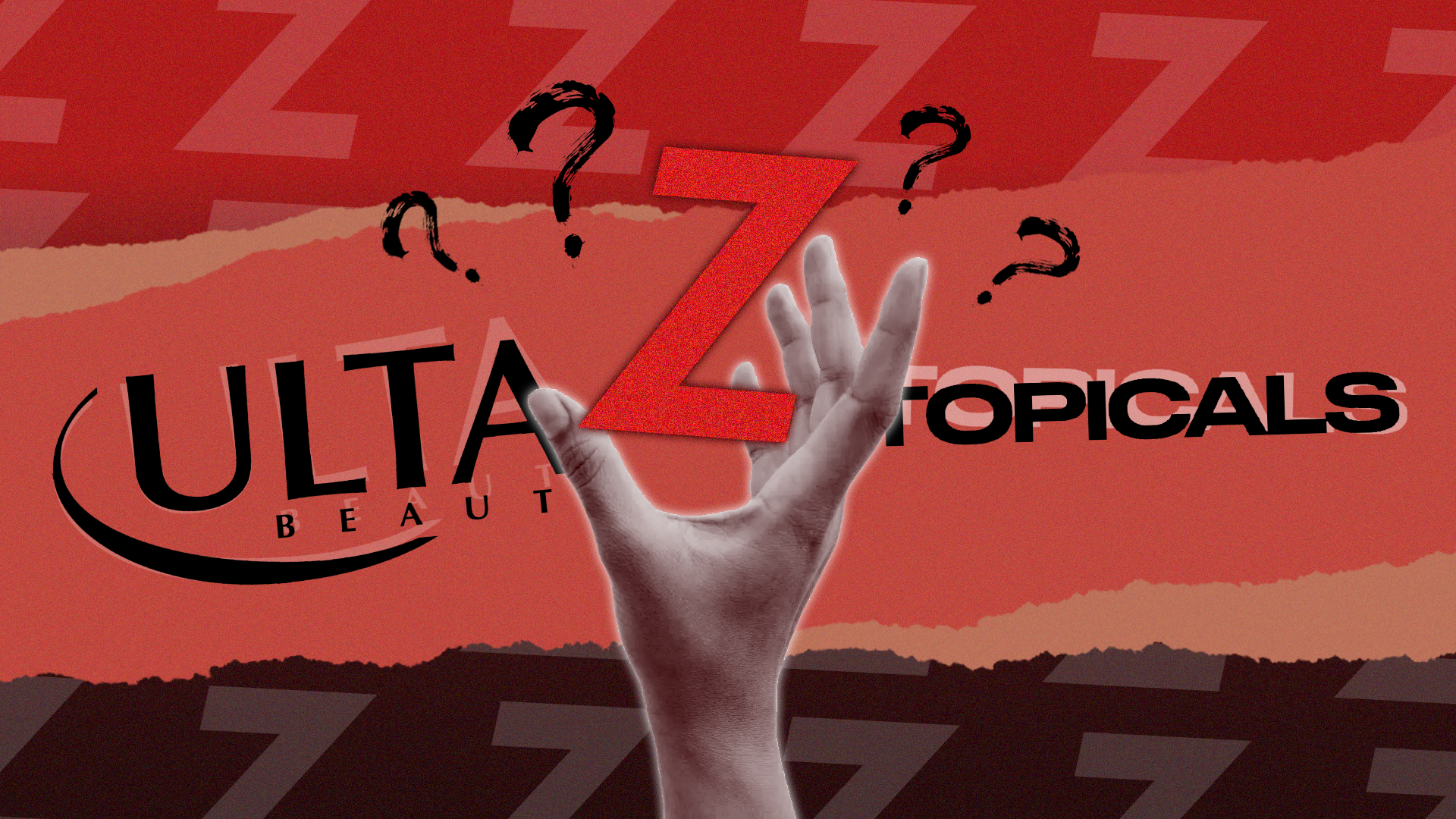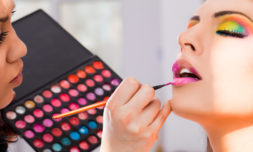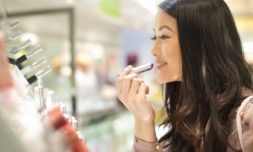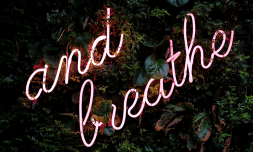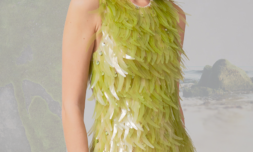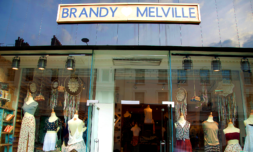Young consumers are urging brands to stand for something more than just product sales.
Gen Z is a group of young activists determined to reshape brand objectives, demanding they stand for something more than just product sales in 2020. But what does this shift in shopping habits mean for companies looking to court the dollars of a demographic with a buying power of over $140 billion?
‘Gen Zers care a great deal about seeing what’s happening behind the scenes and getting a transparent look into things,’ says CEO of Zebra IQ and ‘Gen Z Whisperer,’ Tiffany Zhong. ‘What’s equally critical to them is that a beauty line is eco-friendly, vegan, cruelty free, and stands up for what’s right.’
To begin with, beauty brands were not expected to comment on societal issues a decade ago. Now, the teenagers and adults under 25 that make up Gen Z consciously demand it. It’s no longer enough for companies to sell cosmetics, perfume, hair or skincare – what matters more is whether or not they stand for something of importance. Product quality matters of course, but Gen Z are quick to lose interest when brands sit out seismic cultural moments such as George Floyd’s murder or the situation in Yemen. Instead, they eagerly buy from those choosing to openly discuss social justice, sustainability, police reform, or the upcoming presidential election (to name a few examples).
‘This is going to be the group that’s driving spending and decisions for many years to come,’ says CEO of Ulta, Mary Dillon. ‘They’re super-influential. All you have to do is look at the racial injustice discussion and dialogue we’ve had in the last few months. Gen Z is leading the way.’










